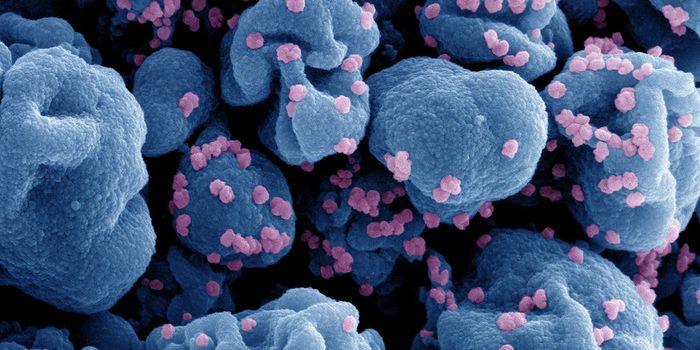For Weight Loss: Protein, Fiber, and Flexibility
A new study published in Obesity Science and Practice suggests that greater success in weight loss programs may be related to eating more protein and fiber in addition to having personalization and flexibility in your dietary plan.
The study included 22 people who participated in a one-year dietary weight loss program. Participants attended 19 educational sessions on diet throughout the year, and the study also included prescribed homework. Changes in their weights, diets, and body composition were measured across the study. The goal of the educational intervention was to help participants achieve sustainable dietary and weight changes through knowledge and education around food selection, and the goal of the overall study was to see which factors had the greatest impact on weight loss during the study.
The results showed that after a year of dietary changes, 41% of participants were successful in dieting and lost almost 13% of their body weight on average. The rest of the participants were less successful and lost an average of less than 3% of their body weight. Those who were successful in losing weight were much more likely to increase the percentages of protein and fiber in their diets compared to participants who were less successful.
The authors noted that in addition to increased percentages of protein and fiber, flexibility and personalization were keys to successful weight loss in this study. Participants in the program were allowed to iterate through different dietary approaches while implementing their new knowledge, which made the program more sustainable. Increased protein and fiber intake while simultaneously cutting calories also seemed to be a key to sustained weight loss. Maintaining a healthy weight through diet and exercise is one of the keys to overall health and wellness, and it is especially important for optimal heart health.
Sources: Obesity Science and Practice, Science Daily








